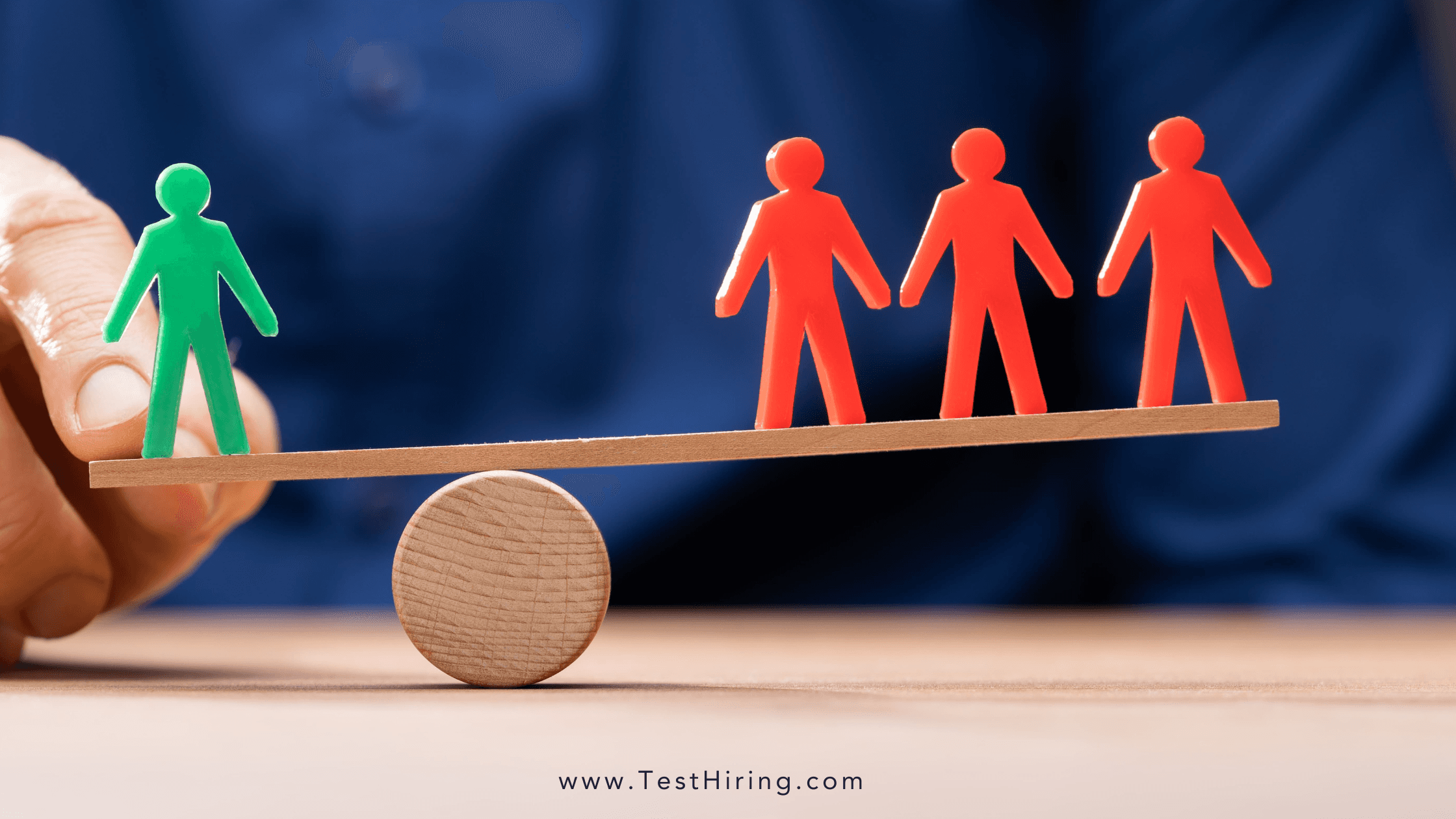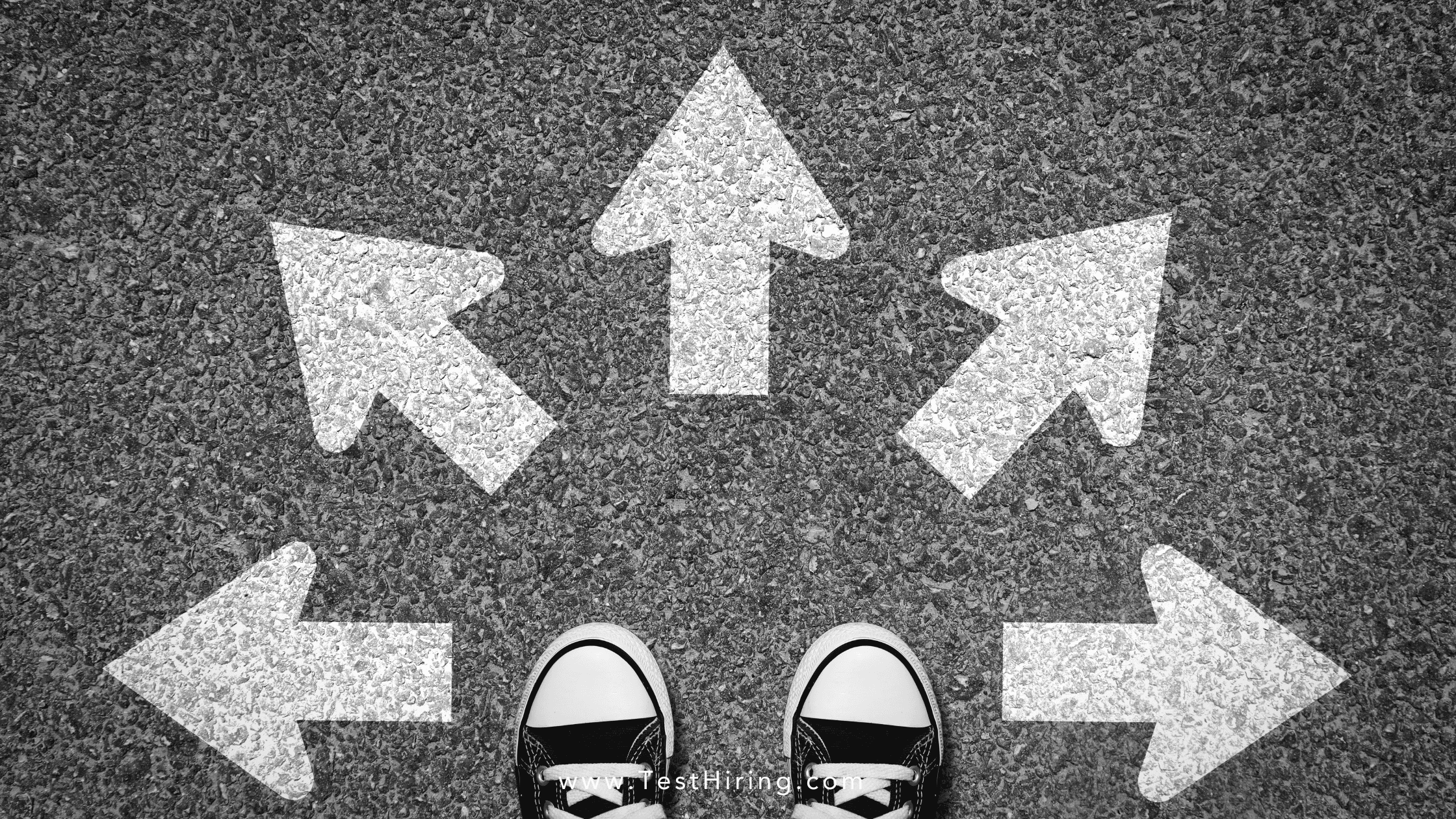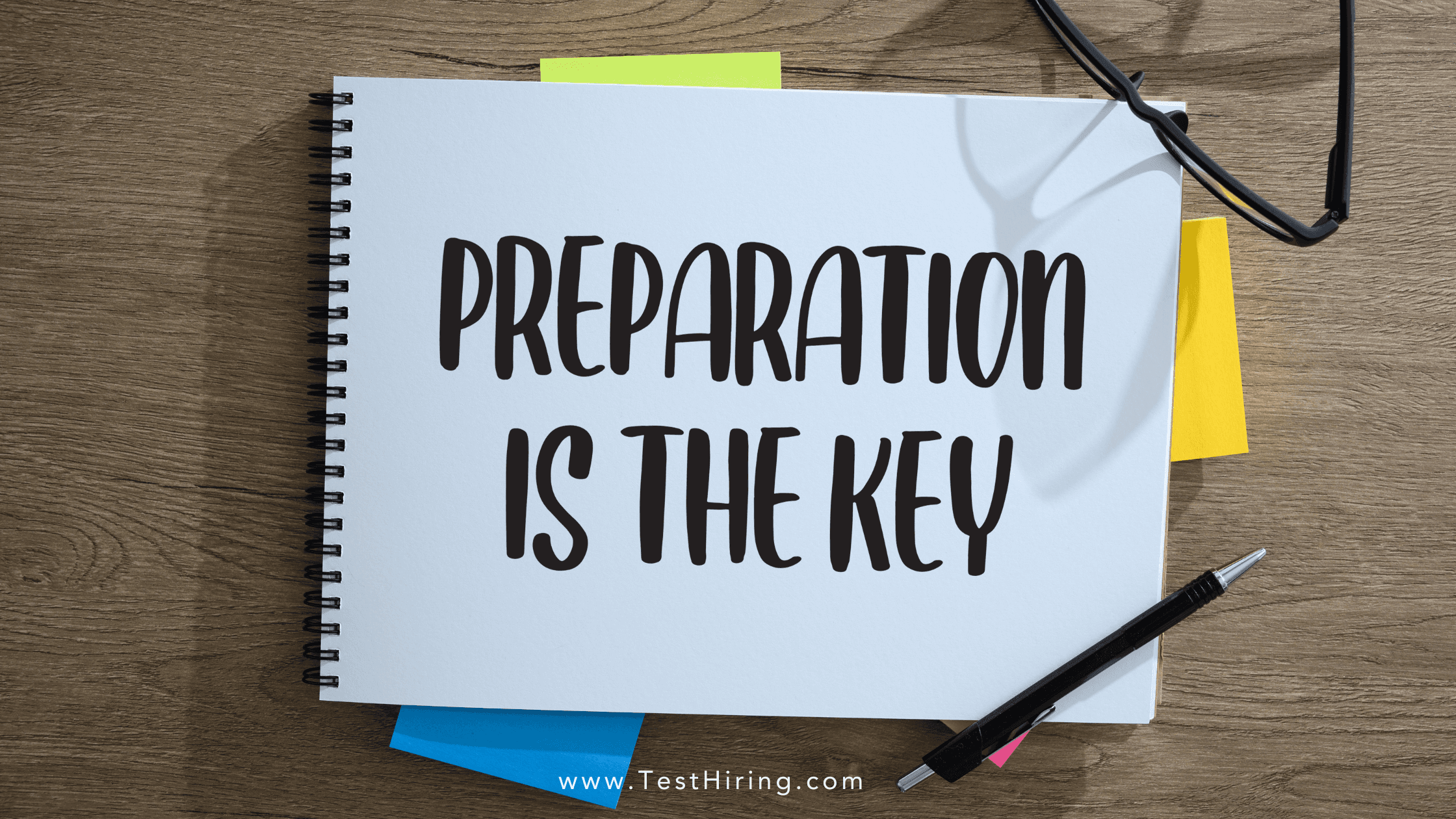In today’s fast-paced hiring environment, identifying the best candidates from a sea of applications is a significant challenge. Traditional methods, such as manual resume screening and initial interviews, are often time-consuming and prone to human bias. Artificial Intelligence (AI) is transforming the recruitment process by streamlining candidate screening, enabling data-driven decisions, and fostering more equitable hiring practices.
How AI Transforms Candidate Screening
Automated Resume Screening
AI-powered tools can analyze hundreds of resumes in minutes, extracting and evaluating key qualifications, experiences, and skills. Algorithms match these with job requirements, highlighting the most relevant candidates for further evaluation.Predictive Analytics
AI tools use historical data and patterns to predict a candidate's likelihood of success in a role. By evaluating past hires' performance and comparing it to incoming applicants, companies can make more informed decisions.Behavioral Assessments
Through AI-driven assessments, recruiters can evaluate soft skills like emotional intelligence, problem-solving, and adaptability. These tools analyze how candidates respond to simulated work scenarios.AI Chatbots for Pre-Screening
AI chatbots conduct initial conversations with candidates, asking pre-determined questions and gauging their responses. This saves time for recruiters while ensuring consistent pre-screening across all applicants.
Advantages of AI in Screening
Time Efficiency
AI dramatically reduces the time needed for initial candidate evaluations, allowing recruiters to focus on more strategic tasks.Bias Reduction
When programmed correctly, AI minimizes unconscious bias by assessing candidates based solely on skills and qualifications rather than subjective factors like gender, race, or age.Improved Accuracy
AI systems are designed to identify subtle connections between a candidate's background and job success, which human evaluators might overlook.Scalability
AI tools handle high volumes of applications effortlessly, making them ideal for companies with large-scale recruitment needs.
Challenges and Considerations
Algorithm Bias
While AI reduces human bias, poorly designed algorithms can perpetuate existing biases in hiring data. Regular audits and diverse training datasets are essential to mitigate this risk.Over-Reliance on Technology
Relying solely on AI might overlook the human elements of hiring, such as cultural fit and unique interpersonal skills. AI should complement, not replace, human judgment.Data Privacy Concerns
Using AI in recruitment involves collecting sensitive data. Organizations must ensure compliance with data protection laws to safeguard candidate information.
AI Tools for Candidate Screening
Resume Parsers
Tools like HireVue and Paradox use AI to scan resumes and match them with job descriptions.Assessment Platforms
Platforms like TestGorilla and TestHiring provide AI-driven skills tests and coding challenges.Chatbots
AI assistants such as Mya and Olivia streamline candidate engagement through conversational pre-screening.
Conclusion
AI is revolutionizing candidate screening by enhancing efficiency, reducing bias, and improving hiring outcomes. By integrating AI into recruitment workflows, companies can build stronger, more diverse teams while saving time and resources. However, a balanced approach—combining AI with human expertise—is key to unlocking the full potential of this transformative technology.
AI isn’t just a tool; it’s a game-changer for recruitment in the modern workplace.




